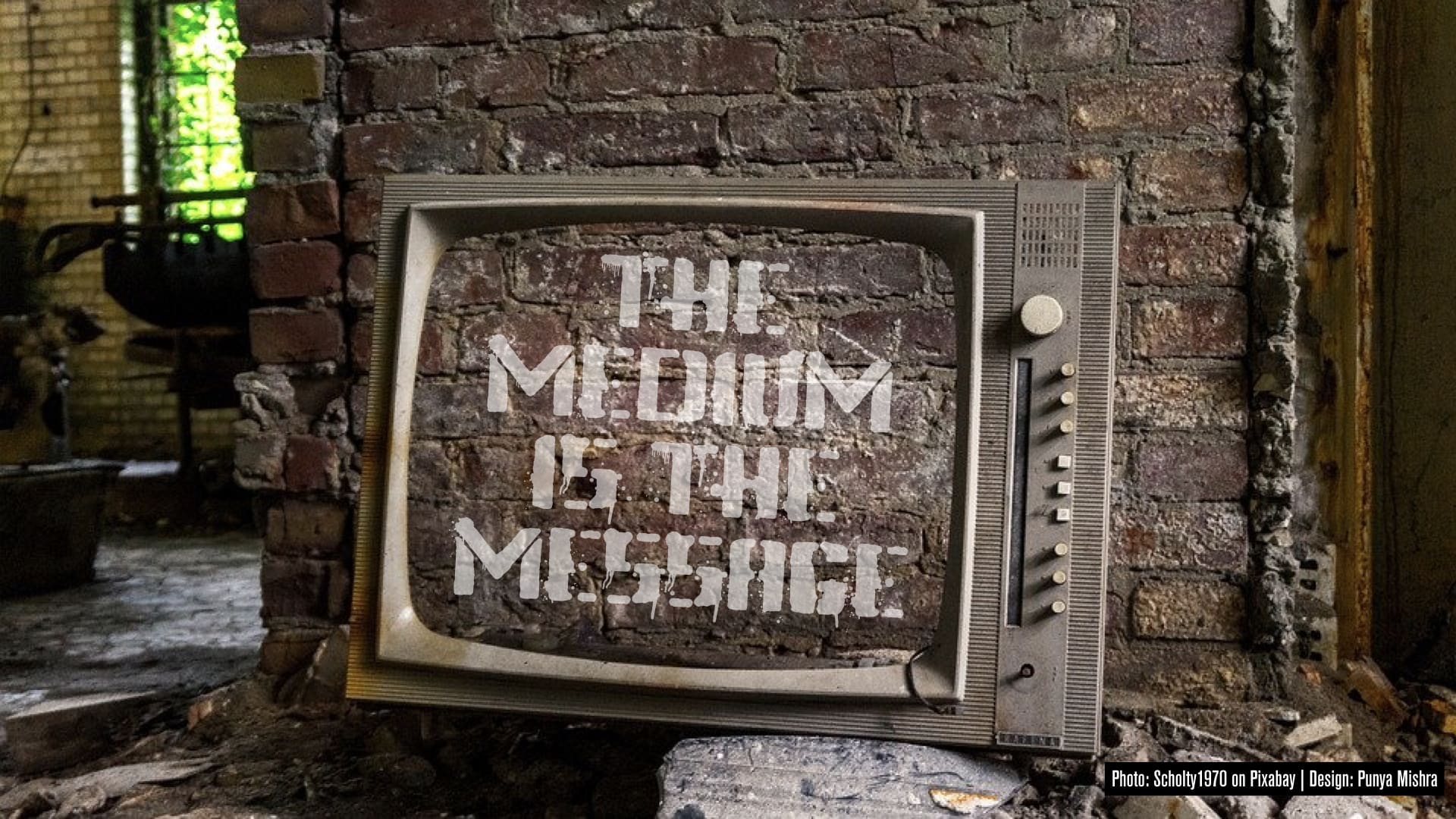Back in March of this year, Joel Colbert (friend and former chair of the AACTE Innovation and Technology Committee) spent a few hours working together on a document that AACTE was going to put out. Yesterday, at the meeting of the NTLS meeting in Washington DC, I found out that the report is out. You can find the report titled 21st Century Knowledge and Skills in Educator Preparation. This eschoolnews article will also tell you more: Groups urge updates to teacher preparation programs. As the article says:
The American Association of Colleges for Teacher Education (AACTE) and the Partnership for 21st Century Skills (P21) are calling on teacher education programs to update their curricula to better prepare future teachers to integrate 21st-century skills into their instruction.
The groups released a paper on Sept. 23 seeking to establish a shared vision for infusing digital-age knowledge and skills into teacher preparation programs and spark a meaningful discussion among higher-education leaders about how to implement this vision.
I have mixed feelings about this report – even though I am thanked at the end (along with other members of the Innovation & Technology Committee). I saw my task as being taking a document that already existed and ensure that some of the key work done by the committee (such as the work around TPACK and the handbook) would be addressed in the report. So it was a task circumscribed and limited in critical ways. As some of my other writing (here on the blog and at other venues) suggests, I have a somewhat different perspective on what we mean by 21st Century Skills (starting even with my dislike of that term) and what it would even mean… but that is neither here nor there. The report is here, take a look, and let me know what you think.



The change has to come from the family. The students need to learn this concept (global issues and world) in the classroom too. The life is not pay bills…We need to have goals to archive.
Great Article
Thanks
I was really happy to read that report. Although just a framework the concept of incorporating global awareness, health, civic, environmental, Financial, Economic, Business and Entrepreneurial Literacy as themes for students is a terrific concept. You only have to have a look at how many people are overweight, in significant debt and don’t know much about global issues in the western world to realise that something needs to change.
From a skill set point of view, Critical Thinking and Problem Solving, Communication, Collaboration, Creativity and Innovation are in my opinion absolutely vital in today’s age and have not been given enough recognition in the classroom to date.
Good work.